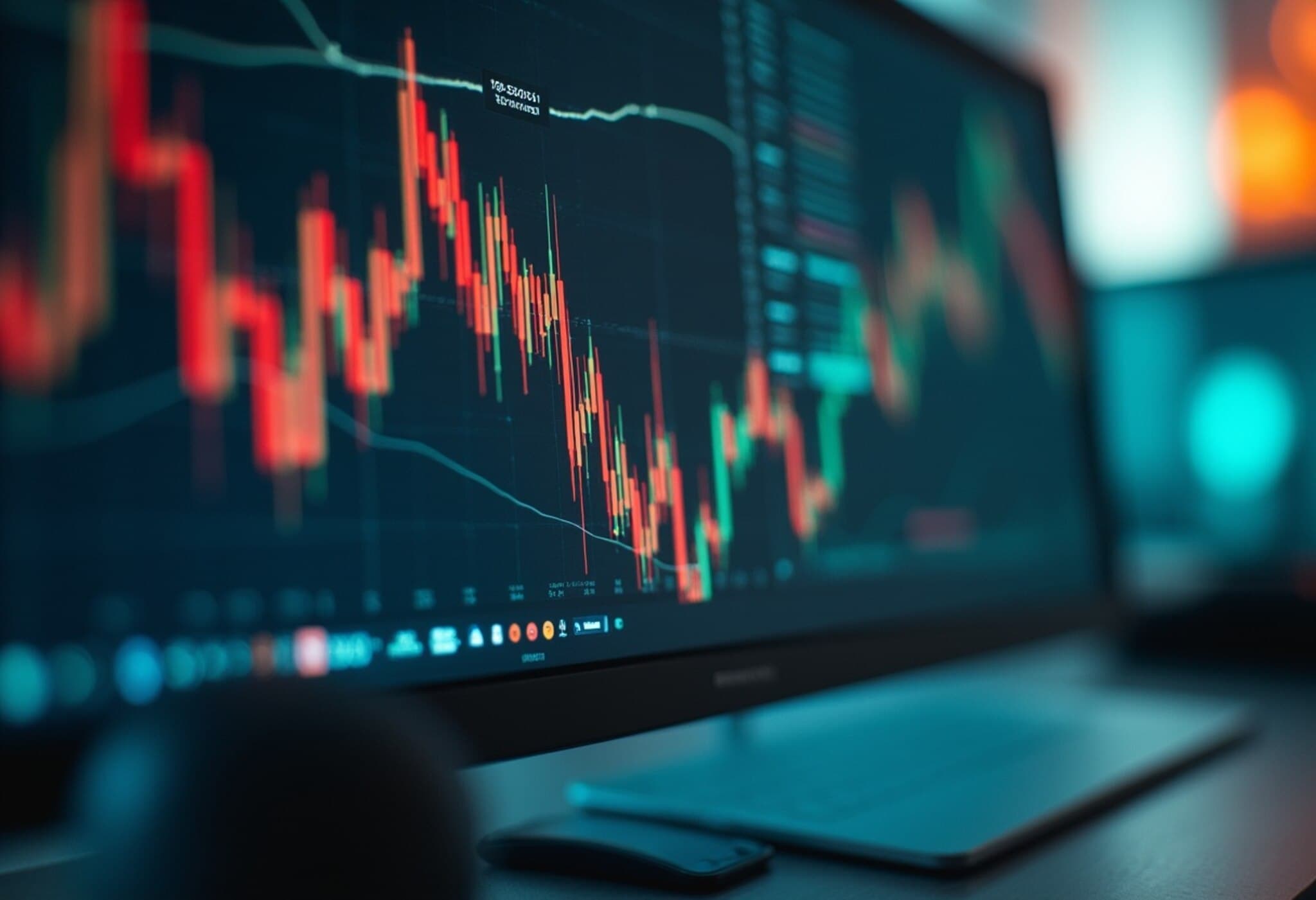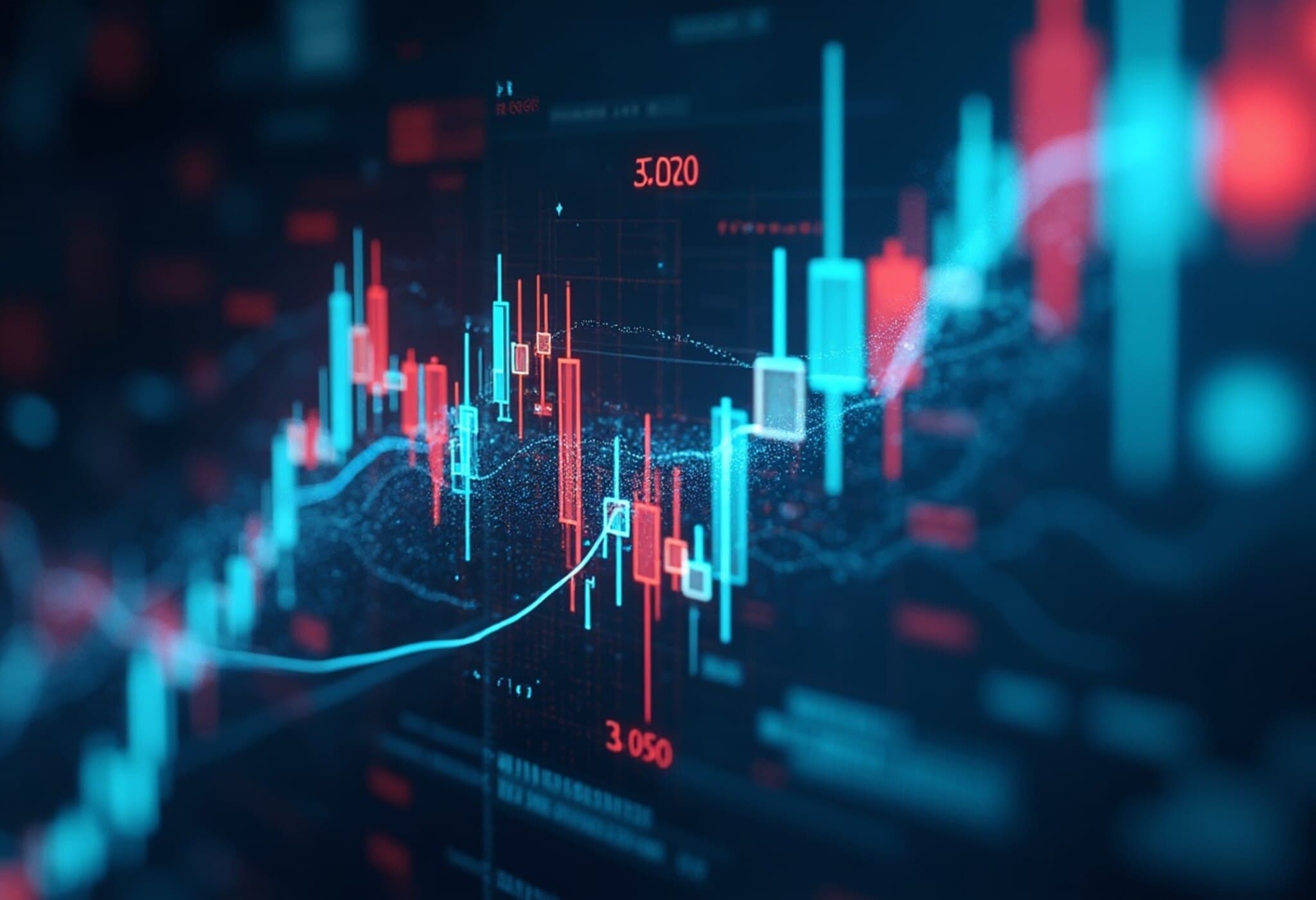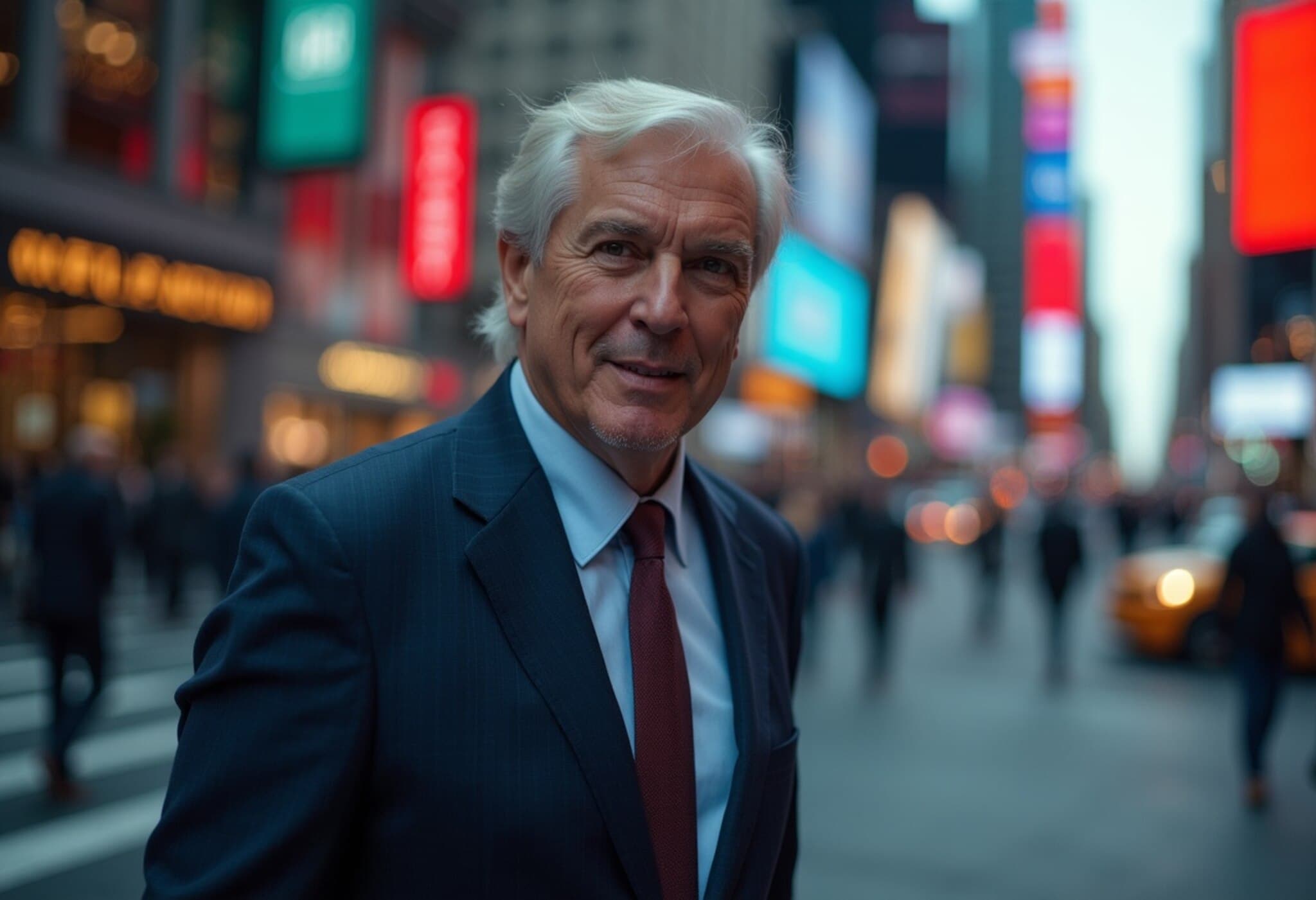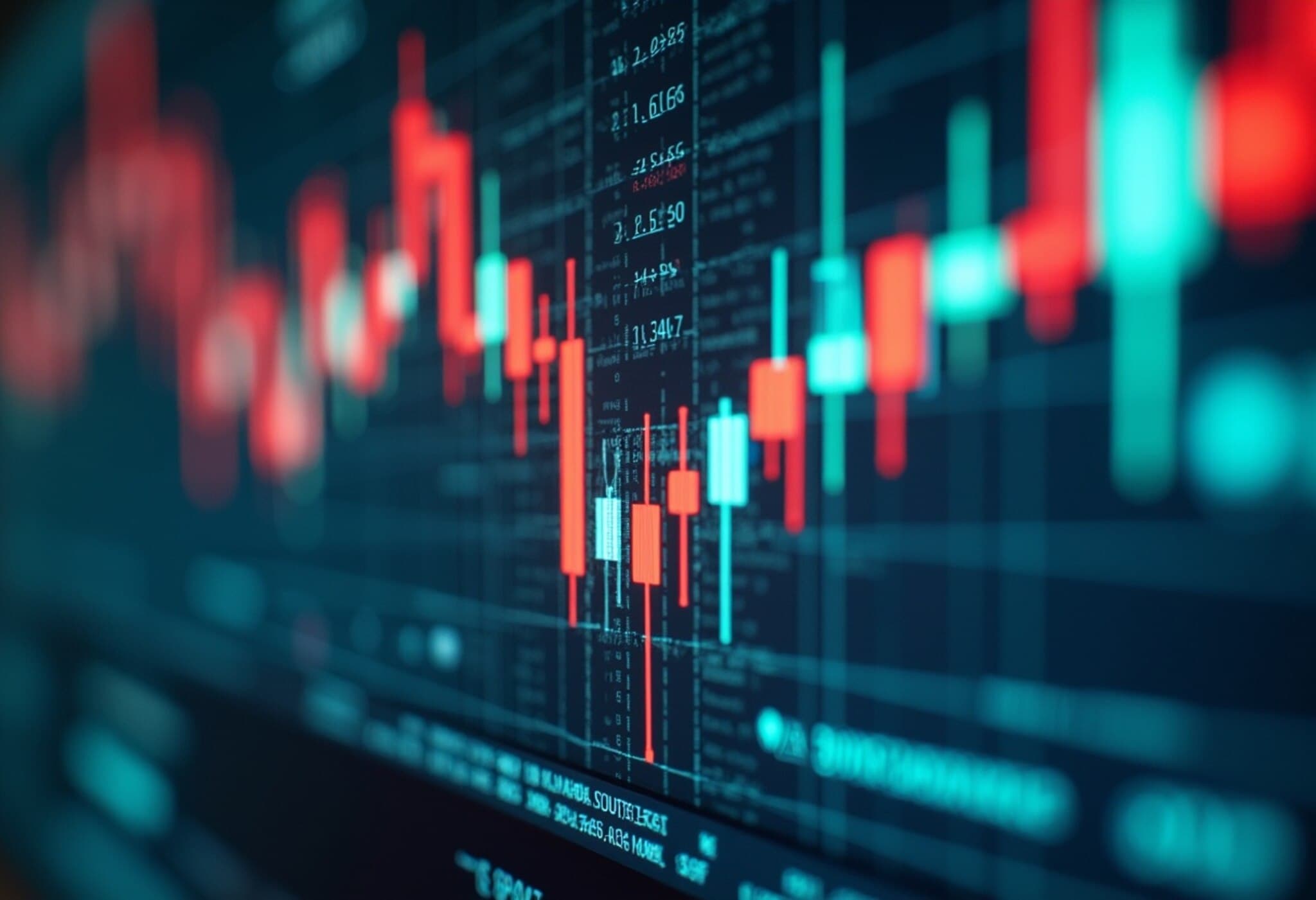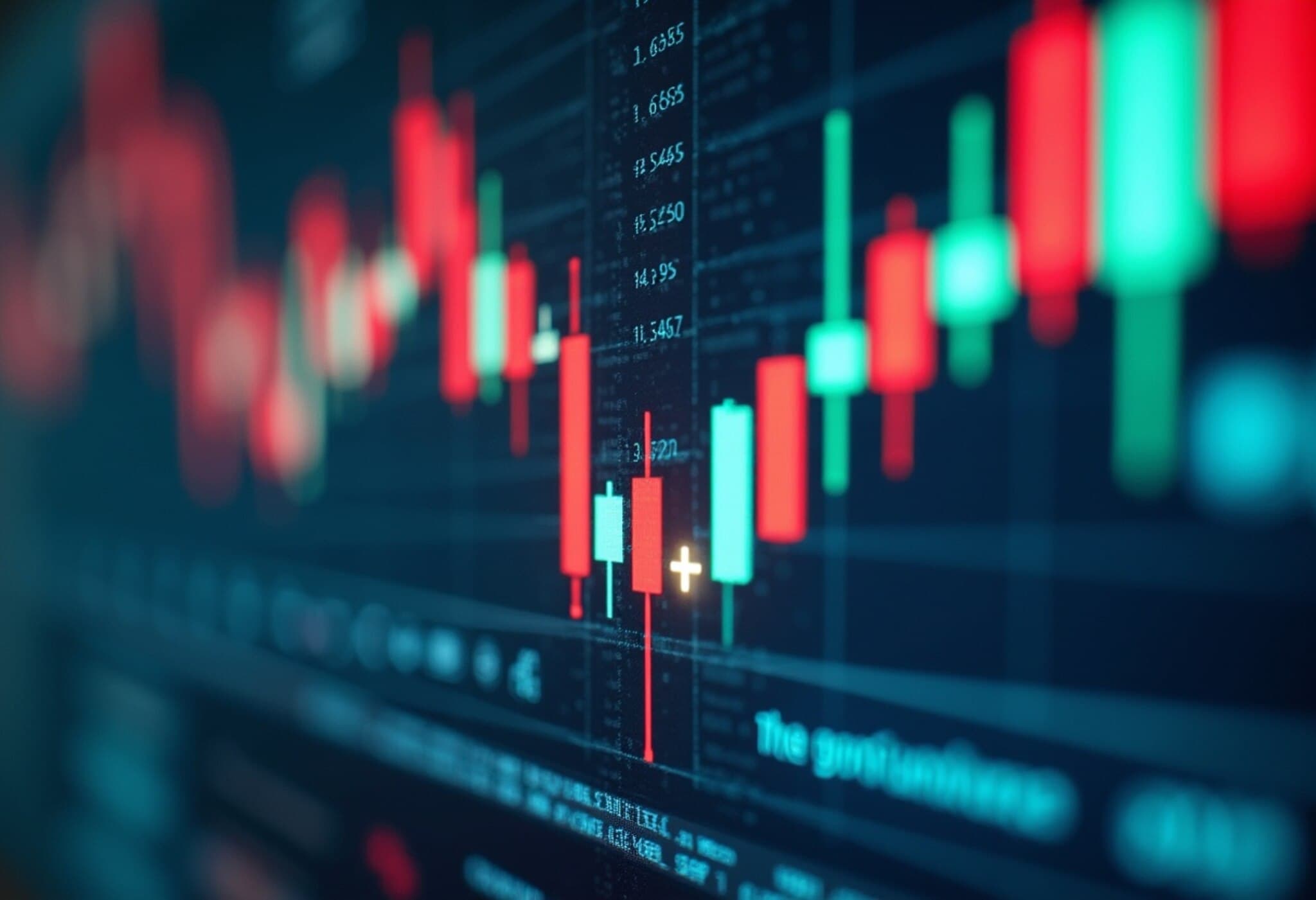Nasdaq-Listed Chinese Herbal Firm Rockets Amid No Revenue and Controversy
Shares of Regencell Bioscience, a Hong Kong-based developer of traditional Chinese herbal remedies, have experienced a staggering rally in 2025 despite reporting no revenue to date. The company, which claims its treatments target childhood ADHD and autism spectrum disorders, saw its stock more than triple in one day following a recent 38-for-1 stock split.
A Meteoric Rise: From Pennies to Billions
Regencell’s stock price surged by over 280% on a single day and continued climbing the next day with an additional 25% gain. Year-to-date, the stock has skyrocketed more than 58,000%, catapulting its market capitalization to about $36 billion. This valuation surpasses established names like Lululemon, eBay, and Kraft Heinz.
Founded in 2014 and listed on Nasdaq under the ticker RGC since 2021, the company’s rapid ascent follows a stock split implemented on June 2, aimed at improving share liquidity and accessibility for investors—though fundamentally, the split alters nothing about the company's business.
Speculative Surge Amid Growing Interest in Alternative Medicine
The remarkable rally in Regencell’s shares echoes past speculative booms seen in international stocks, particularly those rooted in alternative health sectors. The enthusiasm over Regencell coincides with a heightened spotlight on non-traditional therapies following political appointments that have stirred public debate on vaccine policies and alternative medical approaches.
Behind the Hype: Unproven Treatments and Financial Realities
Traditional Chinese Medicine Claims Without Regulatory Approval
At the heart of Regencell’s portfolio are proprietary Traditional Chinese Medicine (TCM) formulas, crafted in collaboration with TCM practitioner Sik-Kee Au. These liquid-based oral treatments claim to address varying severities of ADHD and Autism Spectrum Disorder using natural ingredients, including herbs aimed at detoxification, blood circulation, and digestion.
Despite these claims, the company has yet to generate any revenue or secure regulatory approvals for its products. According to recent filings, Regencell reported net losses of $4.36 million in fiscal 2024 and $6.06 million in 2023. The CEO reportedly controls over 86% of outstanding shares, underscoring significant insider concentration.
Limited Clinical Evidence
Regencell’s website references a small-scale trial from late 2023 involving 28 patients treated for three months, reportedly showing symptom improvement. The company also recounted a 2021 effort applying a modified proprietary TCM formula on a dozen patients with suspected COVID-19, which led to a joint venture to explore commercialization in ASEAN markets.
Still, these studies lack broad scientific validation, and the company has not demonstrated sustainable commercial success.
Mixed Reactions Stir Online Buzz
The stock’s dramatic price swings have sparked a mixture of fascination and skepticism among retail investors. Social media posts range from playful mockery to cautious speculation, with some traders likening Regencell’s trading behavior to that of volatile meme coins. Daily price fluctuations of 30% or more have become commonplace.
- One user described buying and seeing an immediate 50% drop.
- Another commented on actively scalping the stock for quick profits during volatile sessions.
- Some investors expressed bewilderment at the lack of official news behind such spikes.
Despite the noise, Regencell has not responded to requests for comment, leaving many questions unanswered about its future prospects.
Conclusion: A High-Risk Stock Fueled by Speculation
Regencell Bioscience’s astonishing increase in market value, despite no revenue and limited regulatory progress, highlights the speculative nature of certain international stocks. Investors should approach with caution, especially given the company’s unproven treatments and wide insider ownership. The case of Regencell underlines how hype can sometimes detach share prices from underlying fundamentals, making for a compelling yet risky story in the world of stock markets.


